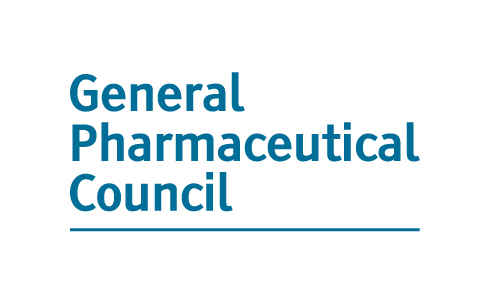What can we learn from the RPS Mental Health and Wellbeing Survey 2020?
)
Almost half of the respondents stated their mental health and wellbeing had been just ‘okay' in the past year, a third said it was ‘not good'. The mental health and wellbeing of those working in general practice appeared to be better than those practicing in community or hospital.
With reduced face-to-face GP services increasing the demand for pharmacy services, the Covid-19 pandemic has only intensified an already challenging situation. Almost a third of respondents believe Covid-19 had a significant impact on their mental health and wellbeing, over half felt it did have some impact. This is supported by evidence from the Office for National Statistics, which showed an increase in the proportion of working adults, particularly key workers, experiencing some form mental health condition during the Covid-19 pandemic.
Almost three quarters of respondents stated work had negatively impacted their mental health and wellbeing. As these findings are consistent with those from the 2019 survey it´s likely that these factors already existed and are continuing to negatively affect the mental health and wellbeing of the pharmacy profession.
Burnout is a psychological syndrome with serious health implications. Major factors affecting the day-to-day wellbeing of pharmacists have been closely linked to burnout, including lack of work enjoyment, frequency of sick leave, making mistakes at work and workforce retention.
The Oldenburg Burnout Inventory, a standardised tool for measuring burnout in healthcare professionals, found that a staggering 89% of survey respondents were at high risk of burnout. It's easy to see why when you take a closer look at the findings – a third of respondents wanted to take time off work but felt unable to, and the majority of them worried, a lot, including thoughts on how their mental health and wellbeing impacted the quality of service they offered.
Left unchecked, the impact of burnout will likely worsen, leaving some so overwhelmed they simply wouldn't have the energy to devote to a given task, activity… or career. With two thirds of respondents considering leaving their job in the past year or leaving the pharmacy profession entirely, it's clear that pharmacists are lacking the support they so often provide to others.
Some respondents know about the mental health and wellbeing support available to them (66%), but only under 12% have used these services – with reasons ranging from concerns around confidentiality, the stigma associated with mental health issues and current support not addressing the root cause of poor mental health and wellbeing.
Results suggest that by employers offering helpline services and talking therapies – in addition to good practice through supportive line managers, cohesive teams and funded training – pharmacists may feel comfortable enough to start exploring and tackling their mental health issues.
As Covid-19 continues to impact the health system and wider society, the survey results highlight a clear need to develop strategies that address underlying workplace issues, raise awareness of mental health, get to the core of support accessibility, reflect the diversity of the workforce and resolve issues around confidentiality – so pharmacists can begin to feel both appreciated and protected.

)
)
)
)
)
)
)

.png/fit-in/500x500/filters:no_upscale())
)
)
)
)
)
)
)
)
)
)
)
)
)
)
)
)
)
)
)
)
)
)
)
)
)
)
)
)
)
)
)
)
)
.png/fit-in/1280x9999/filters:no_upscale())
)
)
)
)
)
)
)
)

